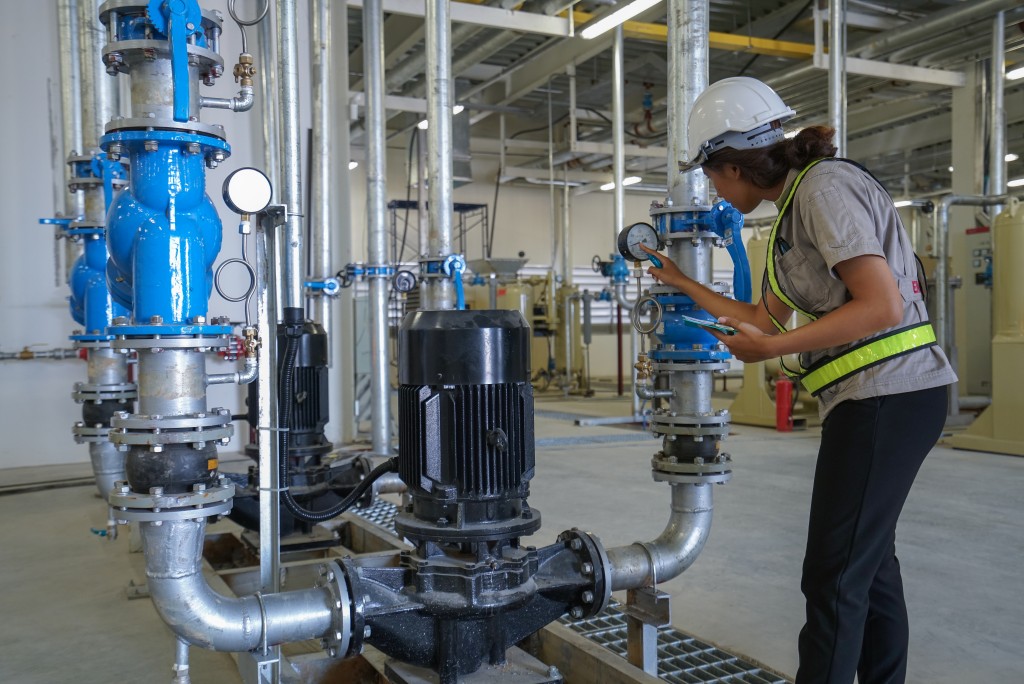Heat pumps rely on using conduction to raise or lower the ambient temperature of a room. In milder climates, this is often much more energy efficient than standard HVAC systems, which makes them a preferable means of temperature regulation.
Heat pumps offer many advantages to the conventional heating and cooling systems used in many homes today. Residential heat pump installation can help households cut back immensely on the need for conventional heating and cooling by storing away unwanted heat for later use. This can yield massive energy savings for homes in mild climates where the need for heating and cooling is already mild.
The Principle at Work
Rather than physically expending energy to generate or eliminate heat, heat pumps work by conducting heat away from the surrounding space. Heat pumps follow the same cooling principle employed by refrigerators, but in reverse. Ambient heat from the surrounding environment is pumped in through a fan to a pair of refrigerated coils, which then releases the heat to the enclosed interior space of the building, which acts as a heat sink. Likewise, when the home needs to be cooled, the mechanism of the pump is switched, much like it would in an air-conditioned room.
The principle employed by heat pumps isn’t just for regulating the temperature of rooms. Heat pumps can also be used to heat water for domestic use.
Rather than relying on a furnace, the heat pump derives ambient heat from the outside air or the ground. A few heat pump systems also occasionally use the sun as a means of heating This system is significantly less complicated, using only one major component to heat and cool the interior spaces rather than two as in most temperature regulating systems.
Matters of Comfort
How well people respond to the heat produced by heat pumps vary. Some people not used to the milder heat output may not feel too comfortable at first. Others may find that the even and slow distribution of heat much to their liking.
Both ground- and air-source heat pumps also act as dehumidifiers. Air-source heat pumps are about as effective as air conditioners in dehumidifying the air, whereas ground-source dehumidifiers are far more effective. This may need to be considered when adjusting the humidity of the air within the home’s interior.
Advantages and Limitations

The entire process uses a tiny amount of power compared to traditional heating and ventilating systems. This makes it an excellent way to save money on utility bills while reducing a home’s overall carbon footprint. Efficiently designed and well-maintained heat pump system can significantly reduce a home’s power consumption. Heat is also evenly distributed in a heat pump system, eliminating cold spots in the home.
However, there are limits to its ability to manage heat through this system. The efficiency of heat pumps is heavily dependent on the temperature outside. Air source heat pumps, which rely on outside air for heat, are at the mercy of temperature fluctuations. Underground heat pumps are much more secure due to the relatively constant temperatures underground.
Heat pumps work best in mild temperate climates where the temperature rarely dips below zero; in colder climates, the heat pump may end up working harder and consume more power. In these places, a heat pump is usually supplemented by an electric or gas-based heater when temperatures plummet too low.

